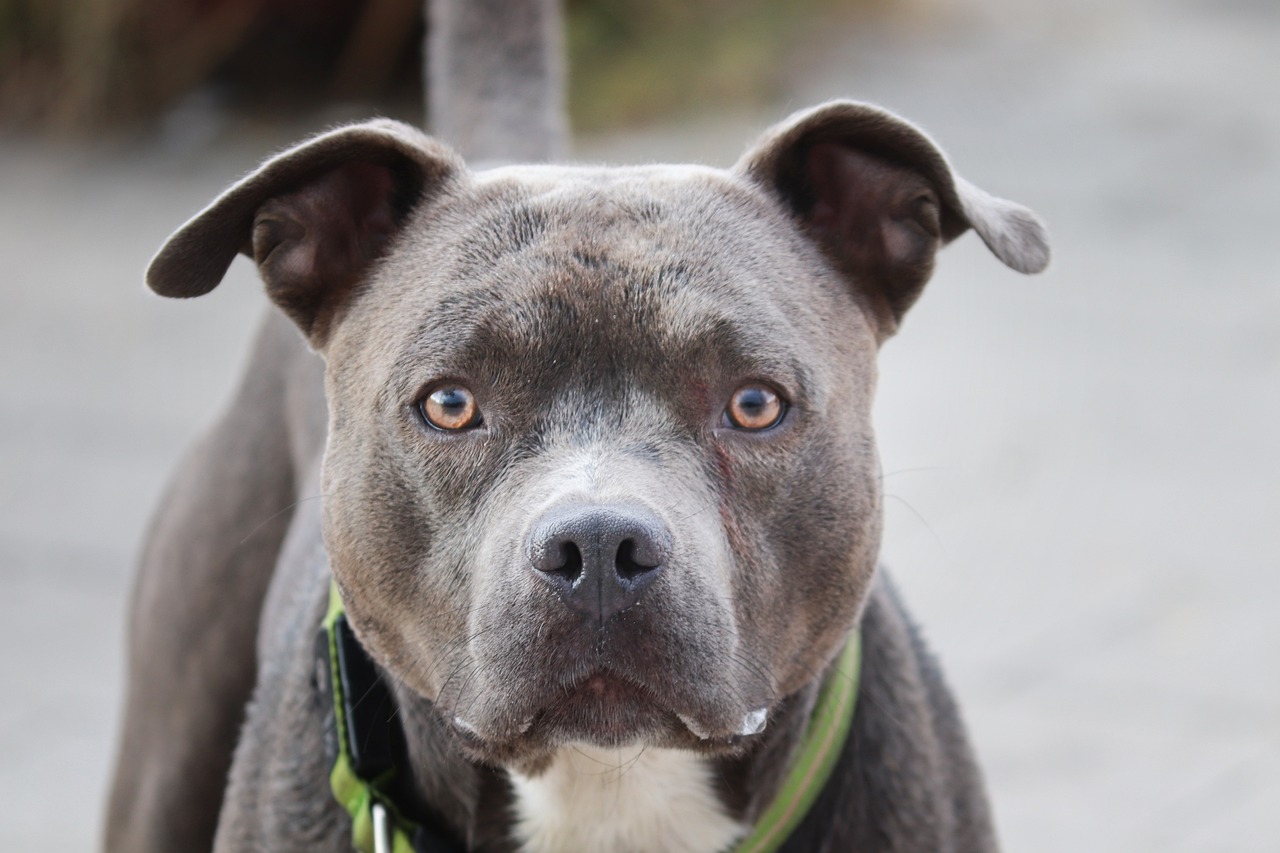For those unfamiliar with breed-specific legislation (BSL), it refers to laws that regulate or ban certain dog breeds to decrease dog attacks on humans and other animals. But BSL doesn’t necessarily preclude people from owning certain dogs. The laws concerning the ownership of vicious or perceived vicious dogs are nuanced and vary from state to state. And this is especially the case when it comes to pitbull ownership. For example, the Air Force, Army, and Marines prohibit military families from having pit bulls on military bases nationwide. Some states might not outright ban pit bulls and other historically aggressive dogs, but they do have mandatory sterilization and licensing requirements.
Why Californians Love Dogs
An estimated 40% of California households own at least one dog, and many believe owning one provides them with physical and mental health benefits. By the way, they are not too off base in that belief. In a study published by the National Institutes of Health (NIH), researchers found that dog ownership helps with the following:
- Combating depression and anxiety
- Lowering high blood pressure
- Reducing the risk of a heart attack
While most dogs are lovable and provide their owners with physical and mental health benefits, some are more popular with California dog lovers than others. With some 12% of California households owning one, the pit bull is the most popular dog breed in California, according to the American Kennel Club. That percentage will likely be much higher in the coming years as more and more Californians fall in love with these beautiful dogs. And that explains why there has been much debate and questions concerning their ownership in San Pablo and most of Contra Costa County lately.
Are Pit Bulls Allowed in San Pablo, California?
Except for military bases, pit bulls are allowed in California. That’s because the state does not have breed-specific laws for any dog, including pit bulls. However, there are state requirements individuals must adhere to if they want to own such an animal. For example, in San Pablo and much of California, American bullies, American pit bull terriers, American Staffordshire terriers, Staffordshire bull terriers, and American bulldogs must be licensed and vaccinated. When they are not on a leash, California laws also require that individuals keep their pit bulls indoors or in a fenced yard.
What Pit Bull Owners and Prospective Owners Should Know About California Dangerous Dog Laws
Those who own and love them swear their pit bulls are loyal, loving, relatively low-maintenance dogs that make great family pets. But the reality is some pit bulls are aggressive and can pose a danger to humans and other animals, especially if they haven’t been adequately trained and socialized. Because of that, California’s Penal Code Section 399 PC makes failing to control dangerous dogs, including pit bulls, a misdemeanor or felony offense punishable by up to 3 years in county jail. But it does not end there; owners of these dogs are liable in a civil lawsuit if they attack and bite someone. According to Nikolaus Reed, of NWR Law in San Pablo, California is a “strict liability’ state. Meaning dog owners are liable for damages from a dog bite unless the dog was provoked, the victim was trespassing on the owner’s property or was engaged in illegal activity at the time of the bite. Californians bitten by an owner’s dog are entitled to the following compensatory damages under California law:
- Compensation for scarring, disfigurement, or both
- Lost wages and lost earning capacity
- Medical costs
- Pain and suffering
- Physical or vocational therapy
- Mental health counseling
Also, under California law, dogs that have attacked and bitten someone are subject to a 10-day quarantine. During that time, the state’s county animal services will check the animal for rabies. That means owners and their families will have to deal with being separated from their beloved animals.
In summary, pit bulls are allowed in San Pablo and the rest of Contra Costa County. That said, those who own these dogs must adhere to California’s minimum ownership requirements and recognize there are consequences for failing to do so.
